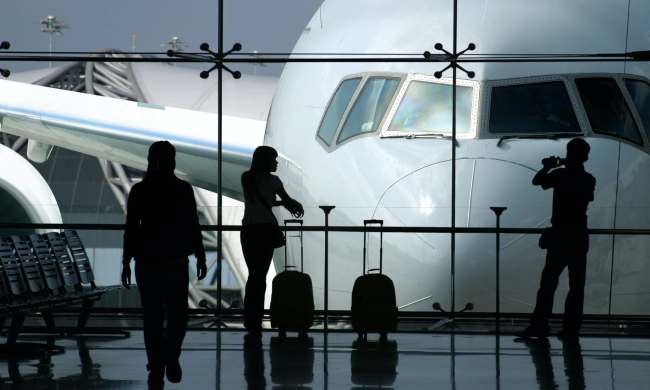
The Florida Department of Highway Safety and Motor Vehicles this week announced that it “will be revising its Florida Smart ID application” and that it’s removed the app from app stores. In an email to those who were using (or had used) the service, the department urged those who still had the app installed to remove it from their devices, “as it will no longer be functional.”
The email said “we expect the new app to be developed by early 2025.” While the Smart ID page is still available on the department’s website, the accompanying FAQ has been reduced to language roughly mirroring the email that was sent out.
I live in Florida, and I gave the Florida Smart ID app a try earlier this year. The app — built by Thales in a deal worth a reported $1.5 million — wasn’t a particularly fun experience. You’d first scan the bar code on your current Florida ID, then take a new selfie so that the pictures could be compared (to make sure you’re actually who your license says you are, which makes sense). If and when you got through the registration process — it took a few tries before it actually worked — you’d then have a digital representation of your ID, with a QR code that law enforcement could scan.

But here’s the thing: You’d still have to have your physical license on your person if you were behind the wheel. So while the digital ID perhaps could replace the physical ID in some cases, it didn’t negate the biggest of them all — driving.
And that’s not even taking into account the hoops you have to jump through to use it at all, starting with installing an application and then going through the registration process.
The email from the agency definitively read as if the agency is soliciting new vendors to give things another go next year. Though if it’s still in the selection process, “early 2025” could well mean later in 2025.
We reached out to the Florida Department of Highway Safety and Motor Vehicles, but did not receive a response beyond a basic email receipt.
While the number of users impacted is relatively small — the South Florida Sun-Sentinel reported in 2023 that there were only 95,000 users of the Smart ID app, and as of January 2024 Florida had 18.2 million licensed drivers — it’s still a frustrating move for anyone hoping the legacy driver license would get some sort of a 21st century update. That’s especially true when you consider that iOS and Android both have built-in options for digital identification verification. But as of mid-2024, only Arizona, Colorado, Georgia, and Maryland offer it via the platforms’ APIs.



